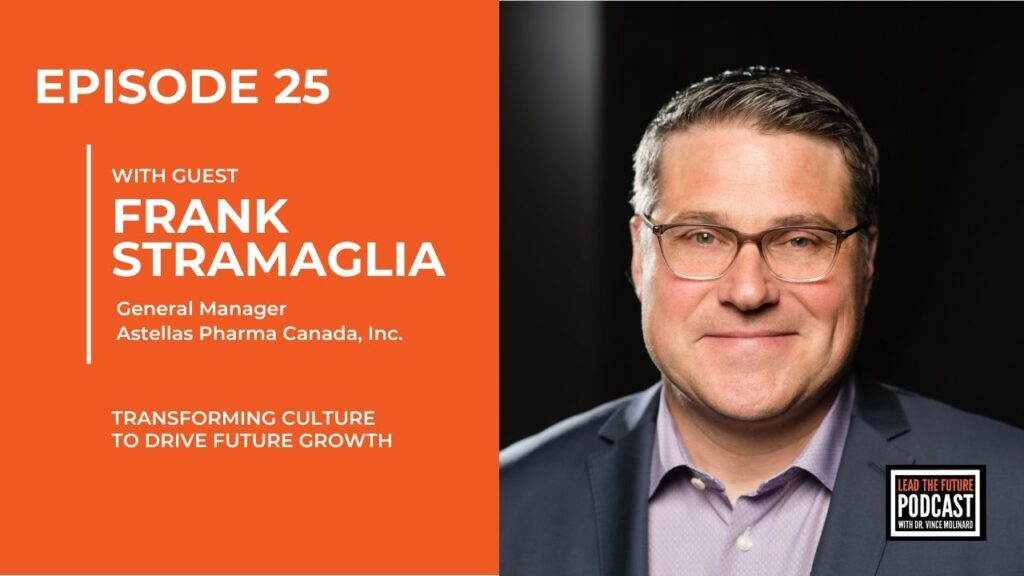When all was said and done, last Sunday night at the 2017 Oscars, all that people will remember is the apology.
An act of contrition was definitely required after PwC – the accounting firm that had helped tabulate votes and identify Oscar winners for the past 83 years – handed the wrong envelope to actors Warren Beatty and Faye Dunaway, who had been asked to reveal the winner of the Best Picture award.
That slip prompted Dunaway to announce erroneously that La La Land had won, when in fact Moonlight had been chosen by members of the Academy of Motion Picture Arts and Sciences as the Best Picture of 2016.
PwC, which had previously boasted that their contract with the Academy had never gone to tender because of the flawless job they had done in years past, could not have been more apologetic.
“We sincerely apologize to Moonlight, La La Land, Warren Beatty, Faye Dunaway, and Oscar viewers for the error that was made during the award announcement for best picture,” the company said in a statement shortly after the live broadcast ended.
For days after the awards ceremony, headlines around the world focused on PwC’s attempts to apologize for its error. Will this save the reputation and brand of one of the world’s most iconic accounting firms? Only time will tell, but, at the very least, leaders at the firm never hesitated to do the right thing in the face of a clear screw up.
In fact, PwC is not alone in its rapid-response embrace of public apologies. In case you hadn’t noticed, public apologies seem to be increasing in frequency from many business leaders.
Just this month, Facebook CEO Mark Zuckerberg posted a lengthy admission that his social media empire was not doing a good enough job in sorting important real news from the proliferation of fake and hateful items that are being posted on his site.
He cited Facebook’s errors in taking down videos related to the Black Lives Matter movement, and the ill-advised decision to ban the use of the iconic Terror of War photo from the Vietnam War.
“This has been painful for me because I often agree with those criticizing us that we’re making mistakes,” Zuckerberg wrote in mid-February.
Zuckerberg has posted online apologies before. Last November, he issued a mea culpa for the fake news that had infected the 2016 presidential election campaign. Going back as far as 2006, Zuckerberg posted an apology about problems with Facebook’s privacy controls.
There are many other examples. In fact, I’ve written several times in the past about the importance of leaders having the capacity to offer sincere apologies in the wake of enormous mistakes or failures. Sometimes, an apology can help heal the wounds that come with a mistake. Other times, even a sincere apology cannot spare the reputation of a person or organization that has made a mistake.
Why is this a big deal?
Well, in the past, apologies were rare because leaders believed that they must always be seen as always being right. Leaders were expected to be invulnerable; as a result, they rarely admitted to mistakes or failure. Apologies were seen as a sign of weakness.
My, how things have changed. Today, in this age of great change, disruption and uncertainty, it is simply impossible for leaders and their companies to get things right 100 per cent of the time. The great firm PwC learned that at the Oscars. As a result, the ability to make a sincere apology has become a core leadership competency.
Today, employees, shareholders and customers all want more transparency, accountability and honesty from their leaders. That certainly requires leaders to step up and admit when they or their companies make a mistake. This will take courage and humility.
Do you have the courage and humility to apologize after a screw up?
Gut Check For Leaders








